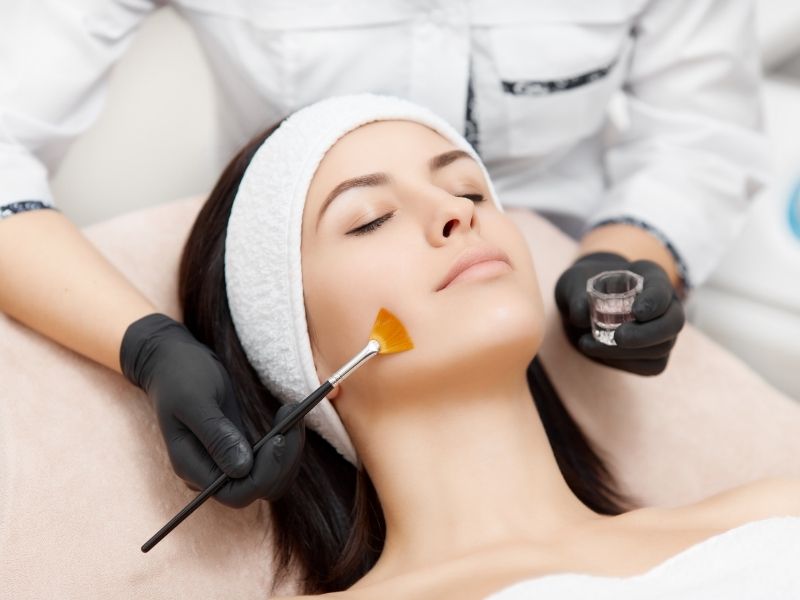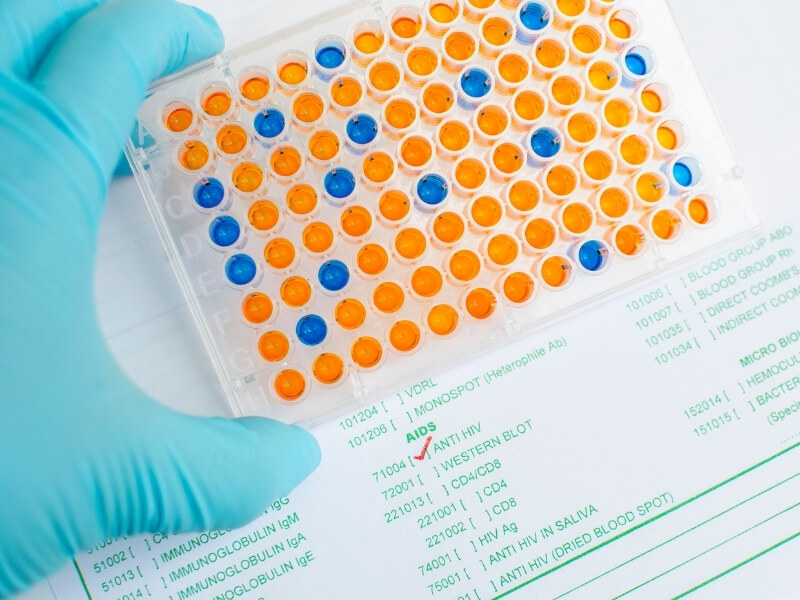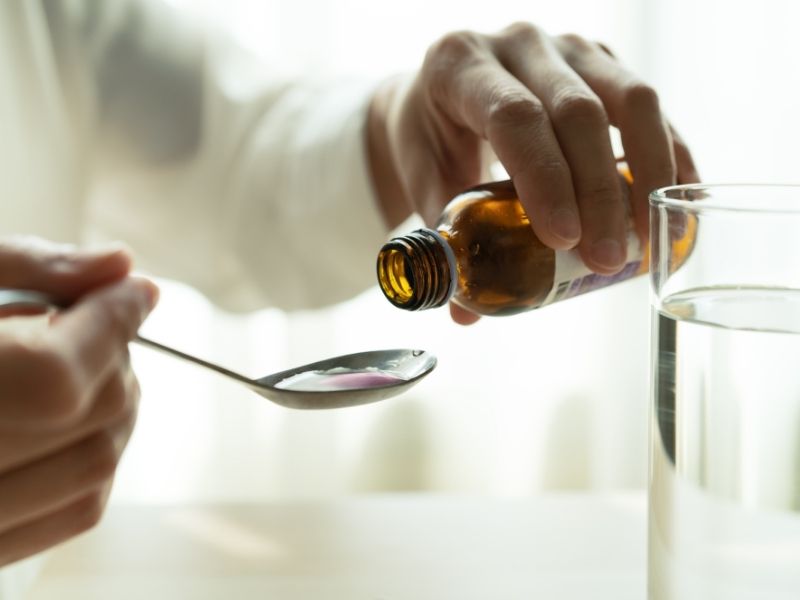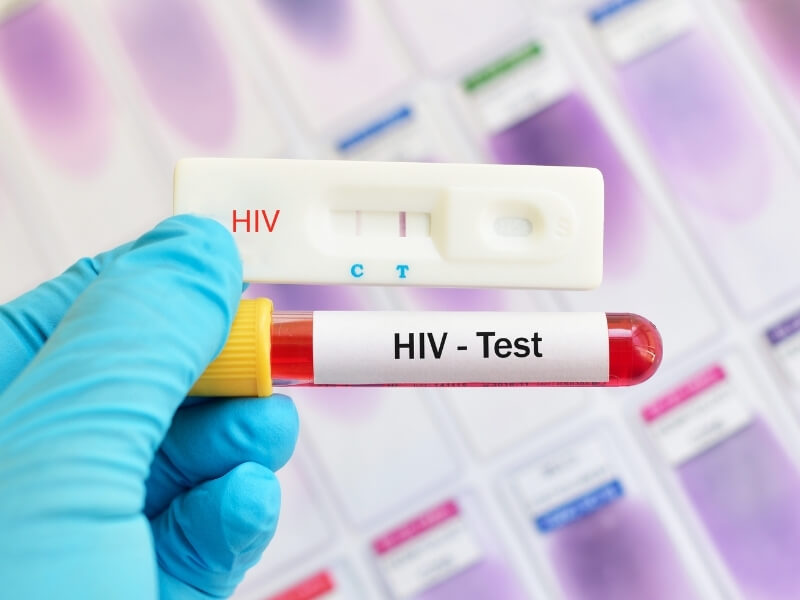Acne is a condition that impacts millions of people around the globe. Although it is most common during the teenage years, it can occur as a young adult and even in fully grown adults who have never experienced acne in the past. When this happens, it can be both very stressful and extremely difficult to get rid of. Many adults have tried and tested every lotion, serum and treatment out there, but simply can’t find the root cause of the problem. However, these adults are often going about it the wrong way. Rather than looking for a treatment, they should be looking to understand what’s causing their sudden acne outbreaks.
It can be extremely disappointing for young adults to wait until their 20’s to grow out of their acne, only to find that these breakouts haven’t come to an end. Accepting that you will have to continue experiencing acne is difficult, however there are many acne treatments in Singapore that can help ease the problem.
The way to tackle acne is to first understand what is the main cause of the outbreaks. To do this, keep a record of what you do before an outbreak occurs, then note down what you did when it died down. Over time, you will begin to notice key trends that occur prior to an outbreak.
What Causes Acne?
The short definition of acne is simply a clogged pore. Your pores are the openings that surround your hair follicles and play an extremely important part of your overall skin health. Every day, your glands secrete sebum (oil) through the pore opening. This oil helps to keep your skin soft and also protects it from day to day dangers. However, sometimes your pores can become blocked. They can be blocked by several different things such as dirt, bacteria, excess oil and dead skin cells, which results in a spot or acne.
Read Also: How To Choose The Right Clinic With Ultrasound
In order to prevent acne, it’s important that you try to take a proactive approach. A simple routine of cleansing and exfoliating can help to prevent acne for many people. Unfortunately for many others, this situation can be more complex. For individuals who are already taking these measures and still experiencing acne, it can be very frustrating. Here are some of the main causes you should be aware of.
1. Changes In Your Hormones
Hormonal fluctuations, such as those experienced during a menstrual cycle can often be one of the main causes of acne. According to scientific research, an increase in the hormone known as progesterone can result in acne as it results in an increase of sebum. Male hormones such as testosterone can also result in an increase of sebum and will also increase the risk of acne in all genders. Increase in hormones will often result in cystic acne around the chin, the neck and the back. It can be both very uncomfortable and painful for the individual, who may need to seek treatment for recurring acne in Singapore.
2. Increased Levels Of Stress
Science has shown a clear link between chronic stress and issues with an individual’s skin. Though not proven yet, the hormone cortisol (which is released as a result of stress) may be responsible for this increase in skin problems and in particular, acne. When someone is stressed, their adrenal glands will release cortisol. This hormone can be produced locally in hair follicles and several different skin cells.
Cortisol itself plays an extremely important role in the body. It helps with your immune system, digestive system and your neurological systems which will impact your daily mood. Every day, the levels of cortisol in your body will naturally fluctuate over time and whilst this isn’t a bad thing, it can adversely impact your skin in several ways.
3. Living In high Pollution Areas
As cities around the globe become more polluted than ever before, we are starting to find a clear link between the environment of an individual and their quality of skin. Those living in cities full of dirt and UV radiation are significantly more prone to acne development. Although we don’t fully understand the ways in which pollution will contribute to acne, excess dirt and grime which can be caused by touching your face will increase your risk of clogged pores. With a daily cleansing routine, you can help to remove this dirt and reduce the risk of acne development.
Acne Treatments
Once you have discovered the main cause of your acne, you can begin fighting back. There are several acne treatments in Singapore that can help with reducing your acne. Here are the most popular options.
Topical Treatments
The first thing to remember when fighting acne is to remember that you’re not alone. There are many scientifically backed ingredients you can use to reduce the impact it has on your life. Remember, there is no one ingredient that will work for everyone. Try several different products, each for a few weeks at a time to see if you can notice any changes in your skin. The process is slow, so it’s important that you’re persistent.
Read Also: When Is The Time To Use Cough Medicine For Kids
Exfoliators
Exfoliation is a process that should be done 2 to 3 times a week. It can help to prevent and treat acne, making it the ideal option for millions of individuals. Both chemical and physical exfoliants are available. Test both to find out which works for you in regards to keeping your pores clear and preventing breakouts. You can also use leave-on or mask products which will stay on your skin for a few minutes before cleansing it.











